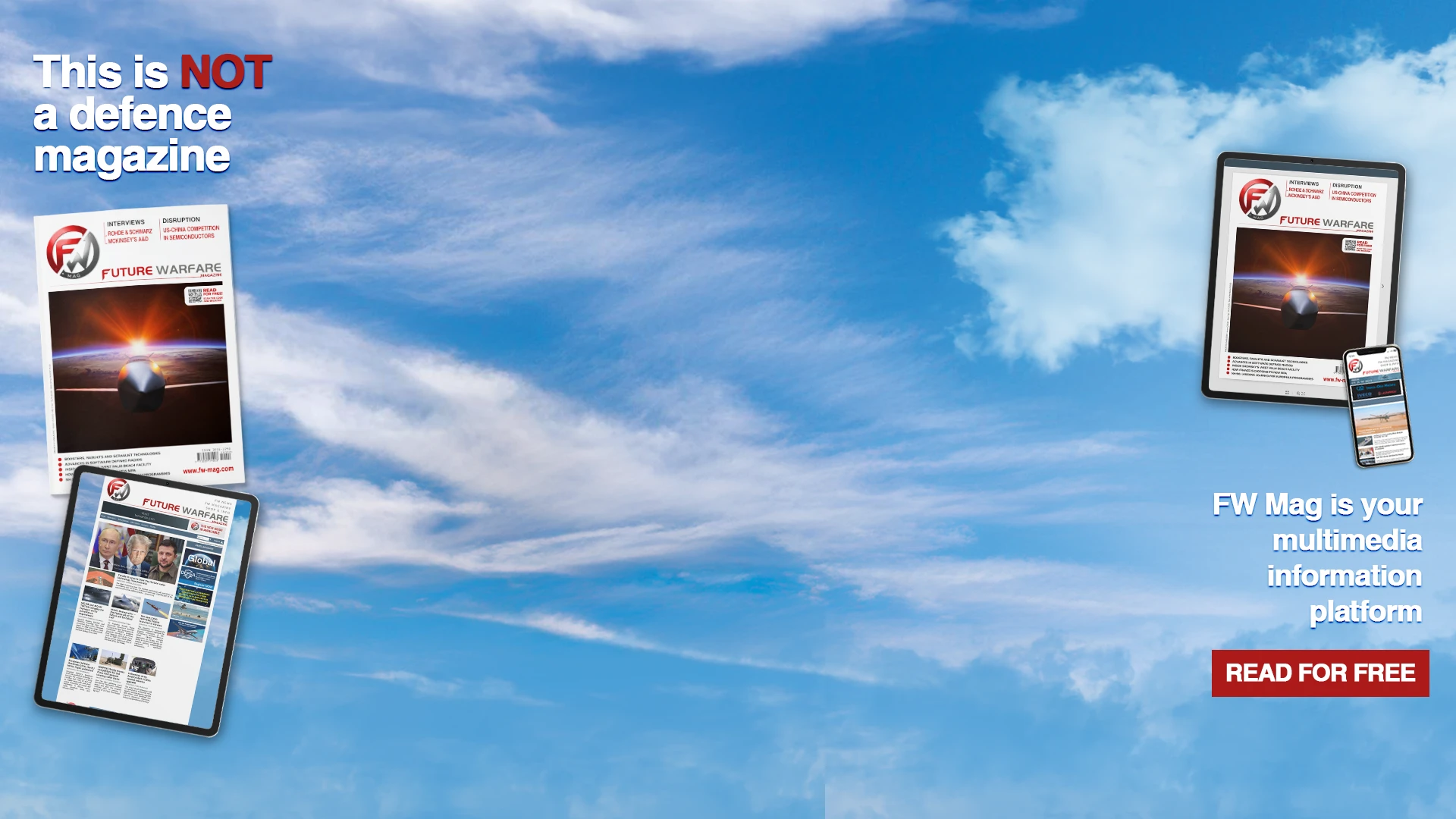
Europe would be prepared to take greater control of its security and support a "lasting peace" in Ukraine but remains divided on deploying peacekeeping forces. This emerged from a meeting of European leaders in Paris on Monday, aimed at forming a unified response to concerns that Washington and Moscow could sideline both Europe and Ukraine in a bilateral deal to end the war.
For the future of Europe, "it will be very important that we do everything possible to ensure" that countries meet the NATO defence spending target of at least 2% of GDP, German Chancellor Olaf Scholz emphasised after the meeting.
UK Prime Minister Keir Stamer emphasised the commonality of purpose among allies. "What the United States wants is lasting peace, that's what Ukraine wants, that's what the United Kingdom wants and that's what European allies want, what is important is that we ensure that Ukraine is in the strongest possible position".
Europeans and NATO were caught off guard last week when they heard that US President Donald Trump wanted to "immediately" start peace talks with Russian President Vladimir Putin without consulting Europe and Ukraine. They were even more shocked when US envoy to Ukraine, Keith Kellogg, announced that Europe would be excluded from upcoming peace negotiations between Trump and Putin.
A harsh speech of US Vice President James David Vance in Munich increased the European discomfort. As a consequence, they met in Paris to find a solution in a "reduced" format of an EU meeting, with EU leaders from France, Germany, Poland, Spain, the Netherlands, Denmark, and the UK, along with top officials from the EU and NATO. Ahead of the meeting, French President Emmanuel Macron had a phone call with his US homologue.
Leaders agreed on the necessity for Europe to bolster its defence capabilities, also given the shifting US stance, by exploring joint financing mechanisms and new fiscal rules. However, they failed to find a unified stance on deploying peacekeeping forces to Ukraine. While the UK and France were willing to follow up, other countries like Germany, Italy, and Poland remained cautious, mentioning the risks and complexities of such an intervention.
UK Prime minister said to be "prepared to consider committing British forces alongside others if there is a long-lasting peace agreement." However, he added that the US should guarantee a "security backstop" as this would be "the only way to effectively deterring Russia from attacking Ukraine again".
On the same notes, Macron wrote on X: "Europe is ready and willing to step up. To lead in providing security guarantees for Ukraine. Ready and willing to invest a lot more in our security".
But not everybody was on the same page. Germany's Scholz said that discussing sending troops to Ukraine at present was "completely premature". Italian Prime Minister Georgia Meloni agreed insisting on the need of a US support.
On the same day, in Brussels, the EU High Representative Kaja Kallas, who has proved to be a fervent supporter of Ukraine, insisted that Europeans should be part of the peace process, given that Europe provided up to 25% of aid to Ukraine. She said that without Europe at the table, any agreement "will just simply fail [...] because of the implementation is not there. Any quick fixes would be a dirty deal".
Peace Talks
Meanwhile, US and Russian officials met in Saudi Arabia during announced peace talks about Ukraine, agreeing to restart diplomatic relations. Russia firmly rejected the idea of European peacekeeping forces in Ukraine, with Foreign Minister Sergey Lavrov calling such a solution "completely unacceptable".
Moscow also deemed NATO membership for Ukraine unsuitable, saying the alliance should disavow a 2008 pledge for Kyiv's entry. As for the US part, officials said Washington aims for "a permanent end to the war" and a post-war security arrangement which should be European-led".
However, although officials said that Ukraine and the EU would have some role, Washington didn't commit to giving the EU and Ukraine the green light to sit at the negotiations table. In the meantime, in Brussels, the EU Commission president urged EU participation in the peace talks. Europe has contributed more "financially and militarily" to Ukraine than anyone else, she highlighted.








